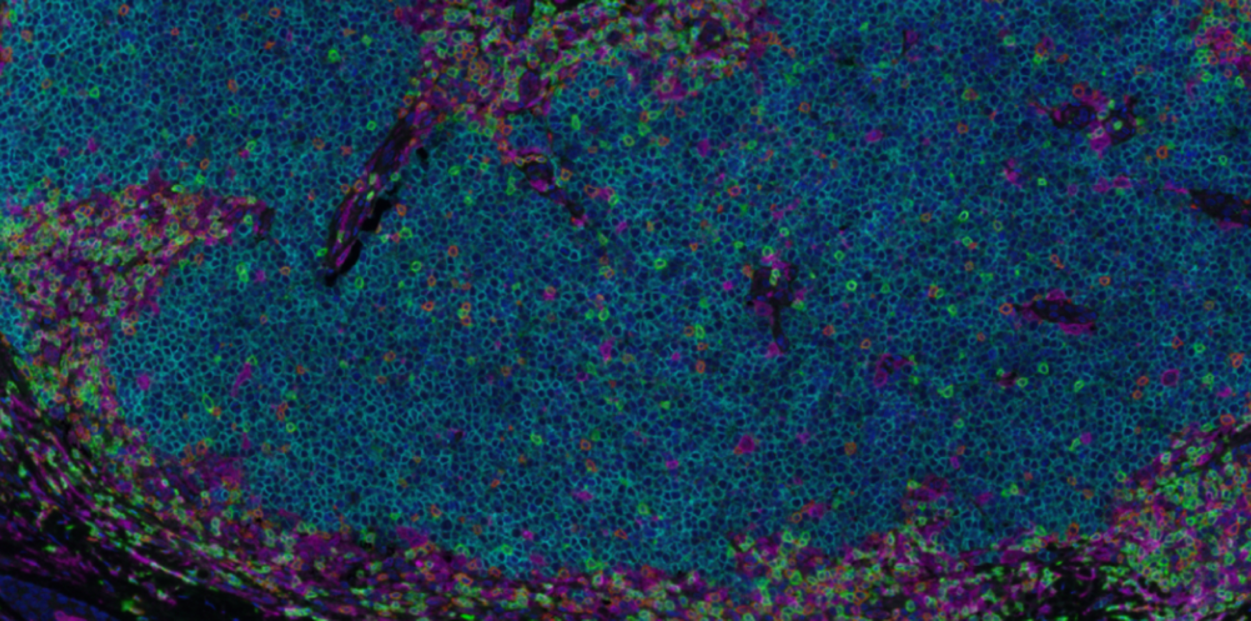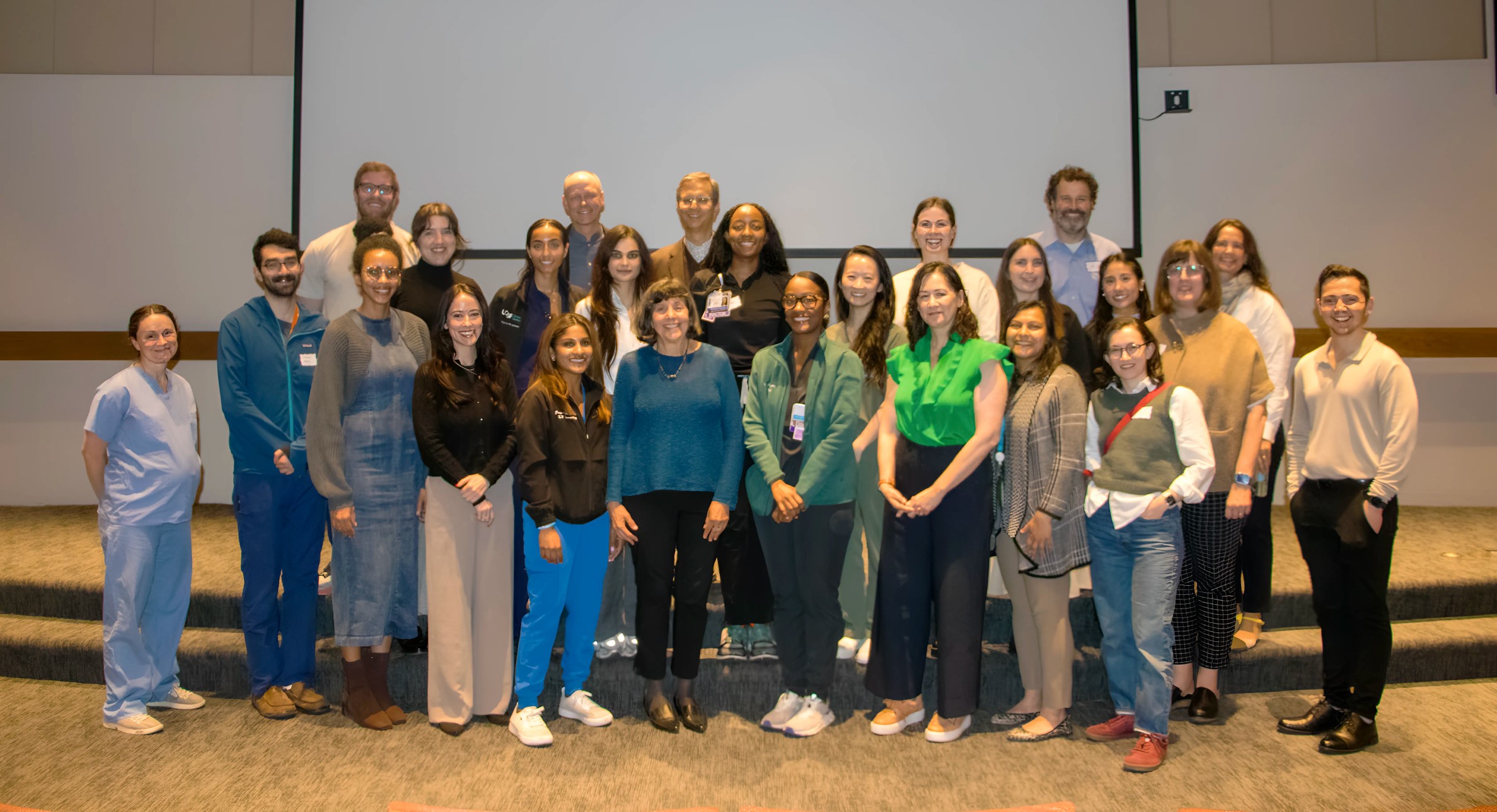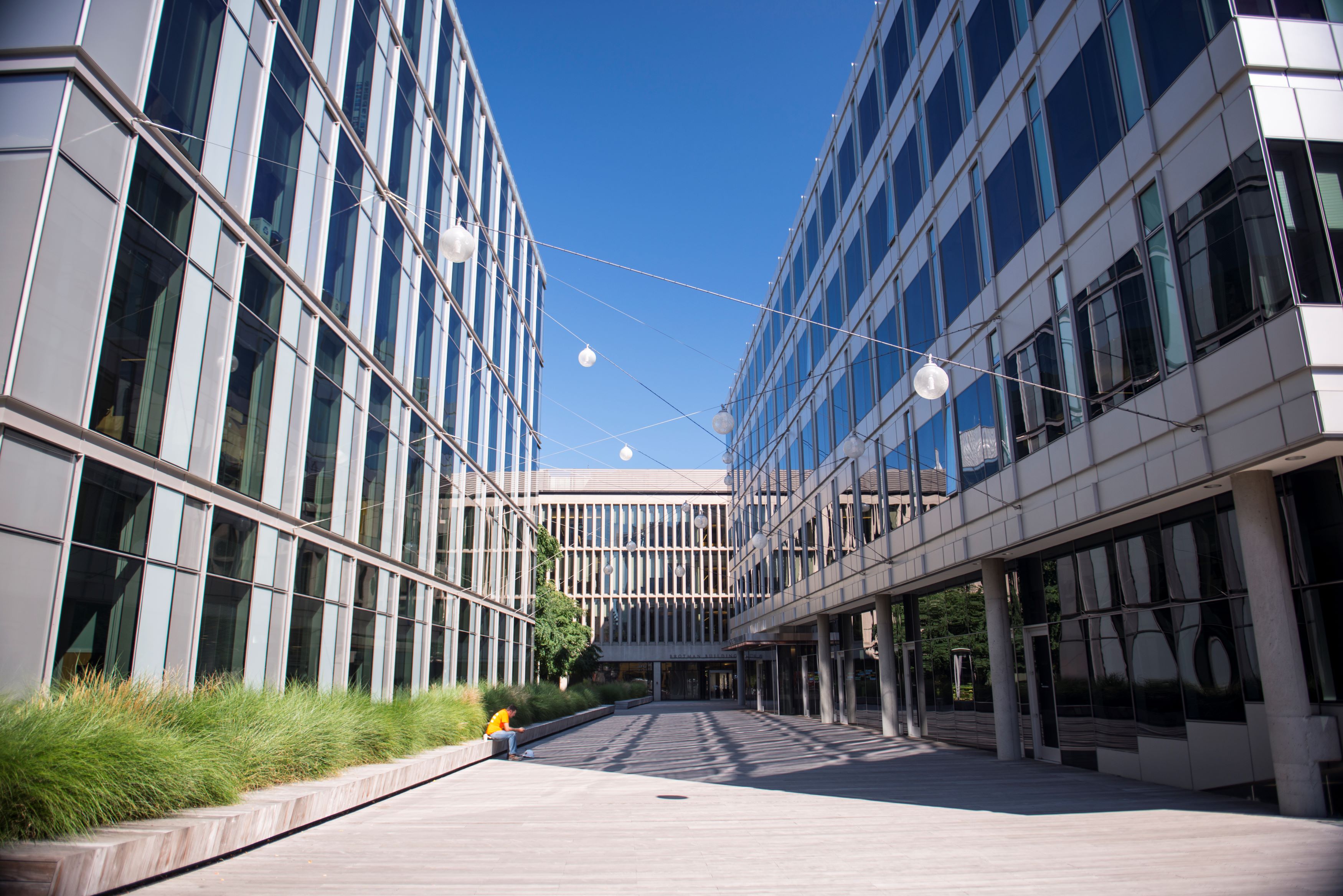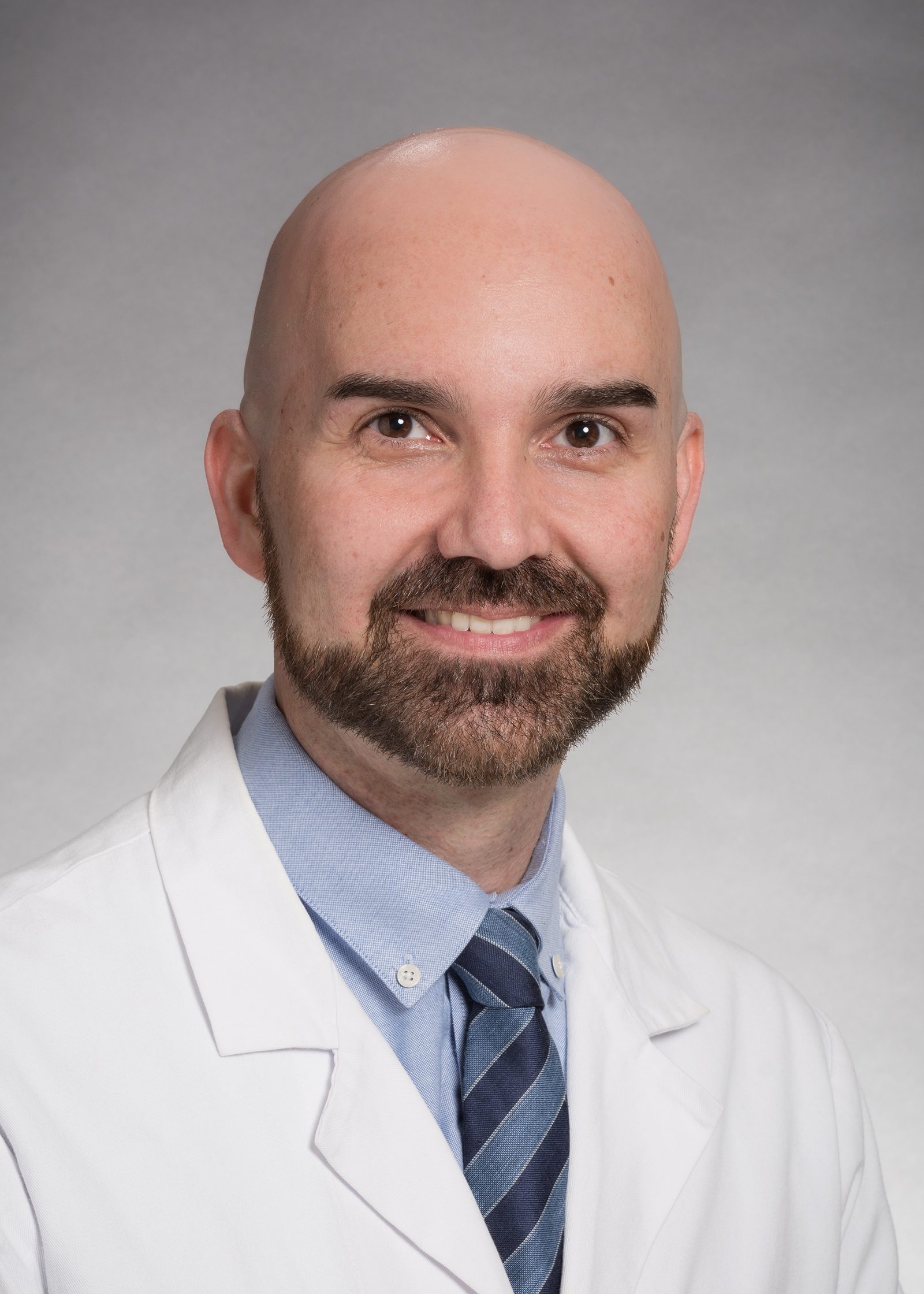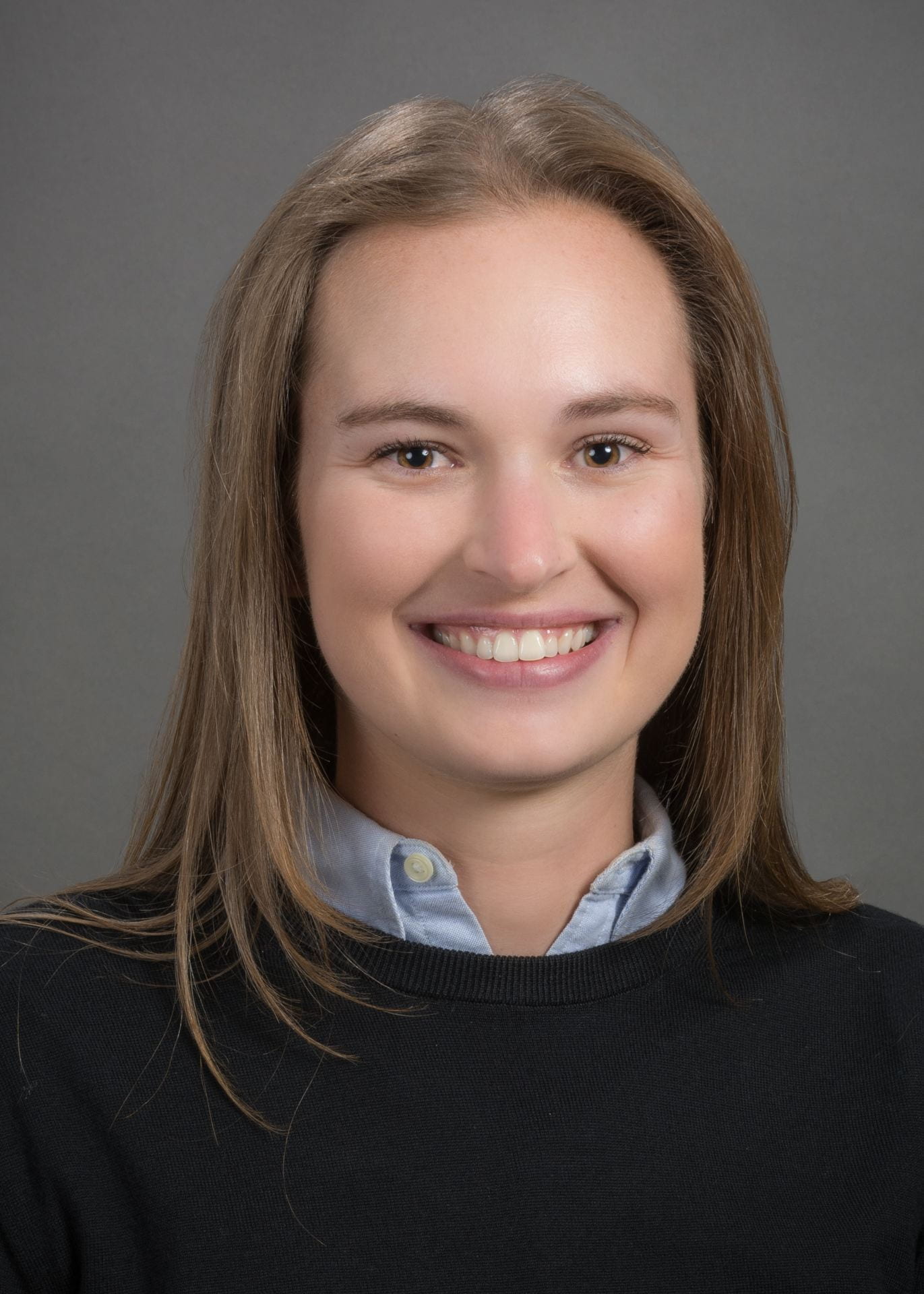Transfer of skin microbiota between two dissimilar autologous microenvironments: A pilot study
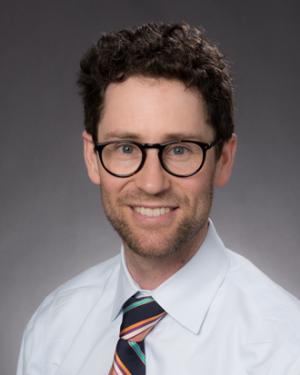 Dr. Benji Perin (PGY3, Dermatology) published an investigation of whole skin microbiome transplantation in PLOS ONE ("Transfer of skin microbiota between two dissimilar autologous microenvironments: A pilot study"). This project began in Perin's 3rd year at UW School of Medicine with the question of whether recurrent MRSA folliculitis could be cured with a skin microbiota transplant (rather than temporarily suppressed with antibiotics). Dr. Perin and his collaborators Dr. Xuan Qin and Amin Addetia are the first to explore the feasibility of performing a skin microbiota transplant that moves the entire cutaneous bacterial community, with its complex web of metabolic interactions. The mechanistic significance of transferring a community is based on the fact that some microbes make associations of obligately mutualistic metabolism, ie in many cases bacteria need their community partner to survive. The sum of these associations is the eubiotic microecosystem that Perin's team hypothesizes could be moved from a healthy individual to a patient with skin disease driven by microbial dysbiosis. Their study is the first to have moved a partial DNA signature of skin microbiota from one site to another, with more modest success in demonstrating the viability of these organisms.
Dr. Benji Perin (PGY3, Dermatology) published an investigation of whole skin microbiome transplantation in PLOS ONE ("Transfer of skin microbiota between two dissimilar autologous microenvironments: A pilot study"). This project began in Perin's 3rd year at UW School of Medicine with the question of whether recurrent MRSA folliculitis could be cured with a skin microbiota transplant (rather than temporarily suppressed with antibiotics). Dr. Perin and his collaborators Dr. Xuan Qin and Amin Addetia are the first to explore the feasibility of performing a skin microbiota transplant that moves the entire cutaneous bacterial community, with its complex web of metabolic interactions. The mechanistic significance of transferring a community is based on the fact that some microbes make associations of obligately mutualistic metabolism, ie in many cases bacteria need their community partner to survive. The sum of these associations is the eubiotic microecosystem that Perin's team hypothesizes could be moved from a healthy individual to a patient with skin disease driven by microbial dysbiosis. Their study is the first to have moved a partial DNA signature of skin microbiota from one site to another, with more modest success in demonstrating the viability of these organisms.



